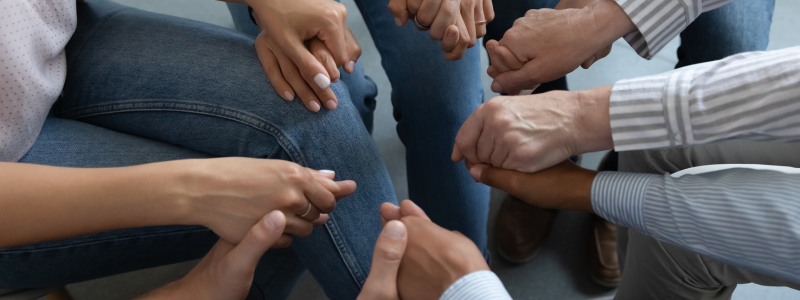Addiction to opiates has become an epidemic all over the country, and Colorado is not immune to this crisis. Individuals, families, and communities across the state are struggling with the dangerous effects of opiate addiction. While opiates can be effective for treating chronic pain, they carry a high potential for misuse and abuse. Opiate and opioid addiction can cause serious physical and psychological problems, so it is essential to seek help as soon as you become addicted or suspect that your loved one has an opiate problem. Opiate help is available, and it might be closer than you think.
For opiate addiction treatment in Thornton, CO, Colorado Medication Assisted Recovery has the expertise and services you need. Through individualized treatment plans and evidence-based therapies, you’ll build a foundation for lasting, sustainable recovery. Call 833.448.0127 today to begin your journey.
Why Colorado Residents Need Effective Opiate Addiction Treatment
Colorado has witnessed a sharp increase in the number of people struggling with opiate addiction. In 2011, the age-adjusted rate of opiate overdoses was 8.0 per 100,000 people, and in 2021, that number rose to 21.7 per 100,000 people.1 It’s clear that opiate addiction is a serious problem that requires effective treatment and care.
Without help, individuals addicted to opiates will continue to suffer from the physical and psychological effects of their addiction. In addition, they’ll be at risk for dangerous health problems, such as liver failure, seizures, respiratory depression, overdose, HIV/AIDS due to sharing needles, and other life-threatening complications.
Finding an Opiate Addiction Treatment Program That Meets Your Needs
When selecting an opiate addiction treatment program, it is crucial to choose one that aligns with your needs. A good treatment program should provide the following:
- Medically-assisted detoxification – Ambulatory detoxification allows for the removal of opiates from your system in a safe and comfortable setting.
- Therapies – Evidence-based therapies such as cognitive-behavioral therapy (CBT) and dialectical behavior therapy (DBT) provide individuals with tools to address and overcome their addiction.
- Individualized treatment plans – Treatment plans should be tailored to the individual and should focus on long-term recovery.
- Relapse prevention – A relapse prevention plan teaches individuals strategies to avoid a return to drug use.
- Case management and aftercare – This includes assistance with employment, housing, and other services post-treatment.
Your experience with opiate addiction treatment should be individualized, supportive, and effective. Finding a program that provides all of the services mentioned above is key to a successful recovery.
Benefits of Opiate Addiction Treatment
Opiate addiction treatment offers many benefits. First, it helps individuals recover from addiction and regain control of their lives. Treatment helps reduce the risk of overdosing and other related health issues. Additionally, it helps improve mental health by reducing depression, anxiety, and other psychological symptoms that can manifest during addiction. Finally, opiate addiction treatment can help mend broken relationships with loved ones, family members, and friends.
Call Colorado Medication Assisted Recovery Today for Opiate Addiction Treatment in Thornton, CO
Colorado Medication Assisted Recovery takes a comprehensive approach to opiate addiction. Our experienced and compassionate team uses evidence-based therapies, individualized treatment plans, medically-assisted detoxification services, relapse prevention tools, and aftercare strategies to help individuals achieve lasting sobriety.
If you or a loved one is struggling with an opiate addiction in Thornton, CO, don’t wait any longer to get help. Contact us today at 833.448.0127 or reach out to our team online to learn more about our opiate addiction treatment program and start your journey toward recovery. Together we can create a new life of sustained sobriety and improved mental health. Take the first step and call Colorado Medication Assisted Recovery today.
Source:























